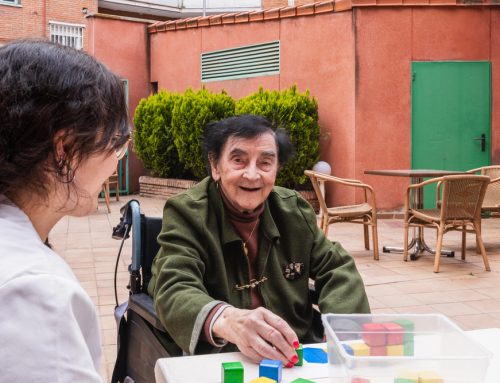Are you worried about how your aging loved one is managing their meals? You’re not alone. Many seniors struggle with proper nutrition, whether it’s due to limited mobility, health conditions, or simply not having the energy to cook. This can affect their overall well-being & make daily life harder than it needs to be.
Imagine if someone could step in to prepare nutritious meals and a balanced diet for the elderly and even offer them special dietary care — all from the comfort of their home. That’s exactly what in-home care services can offer. In this guide, we’ll explore how in-home care can provide the right nutrition and meal assistance for seniors, giving families peace of mind and helping seniors thrive.
Common Dietary Concerns for Aging Adults
As people age, their nutritional needs change, which brings unique challenges that can affect their ability to maintain a healthy diet. Some common concerns include:
-
Malnutrition and Deficiencies
Seniors often miss out on essential nutrients due to reduced appetite, problems in chewing or swallowing, and sometimes financial constraints that limit access to nutrient-rich foods. This highlights the importance of dietary care to ensure seniors receive the right nutrients. Deficiencies in vitamins & minerals such as Vitamin D, B12, calcium, and iron can compromise bone health, immunity, energy levels, and cognitive function.
-
Chronic Health Conditions
Many seniors experience chronic conditions like heart disease, diabetes, and hypertension, which often require dietary adjustments. For instance, diabetic patients must take care of their sugar intake, while those with high blood pressure need to control their salt consumption.
-
Dehydration
Dehydration is common among older adults, often because their sense of thirst diminishes with age or due to side effects from medication. Insufficient water consumption can lead to urinary tract infections, cognitive issues, and kidney problems.
-
Digestive Issues
Poor nutrition and inadequate hydration can cause digestive problems like constipation, acid reflux, and lactose intolerance. Seniors may benefit from meal plans that include probiotic-rich, high-fiber, and easy-to-digest foods.
-
Loss of Appetite
Age-related changes and medication side effects can reduce appetite and alter taste. Adding herbs, spices, and flavorful ingredients can help make meals more appealing and enjoyable.
How In-Home Caregivers Ensure Dietary Care?
In-home caregivers from Baywood Home Care are skilled in helping seniors maintain a nutritious diet. They provide support in several key areas:
-
Personalized Meal Planning
Caregivers create customized meal plans that align with seniors’ dietary restrictions, health conditions, and personal preferences, ensuring a balanced diet for older adults. This ensures a balanced diet that includes proteins, fiber, healthy fats, and essential vitamins.
-
Grocery Shopping Assistance
Because seniors may have difficulty driving or carrying groceries, caregivers assist with shopping tasks. They select the freshest and most nutritious ingredients to support healthy meal preparation.
-
Cooking and Meal Preparation
Since mobility and cognitive issues can make cooking difficult for seniors, caregivers offer valuable support by:
- Preparing meals from scratch using fresh ingredients
- Cooking easy-to-eat and easy-to-digest foods
- Ensuring meals meet dietary restrictions
- Encouraging regular and timely eating habits
-
Encouraging Social Mealtime Engagement
Baywood Home Care’s live-in services ensure seniors no longer dine alone. Caregivers provide companionship during meals, promoting social interaction and enhancing overall well-being.
Good nutrition for seniors translates to good health & quality of life. Ensuring a balanced diet for the elderly can significantly improve their well-being. With the help of Baywood Home Care’s in-home caregivers, seniors receive the support they need for grocery shopping and meal planning & preparation to ensure they enjoy nutritious and satisfying meals every day.







